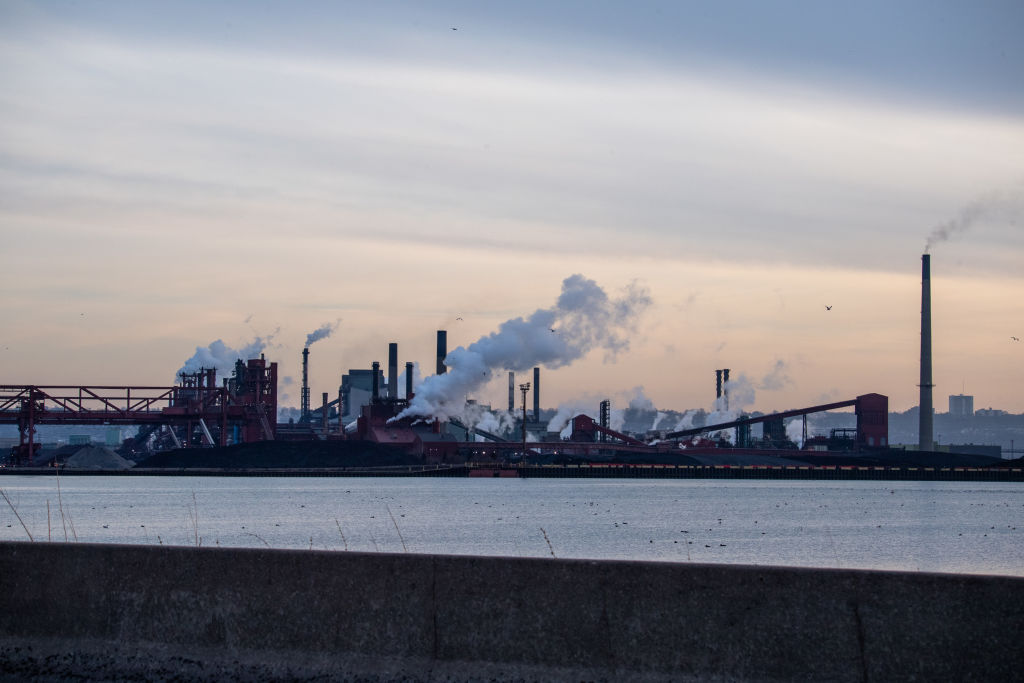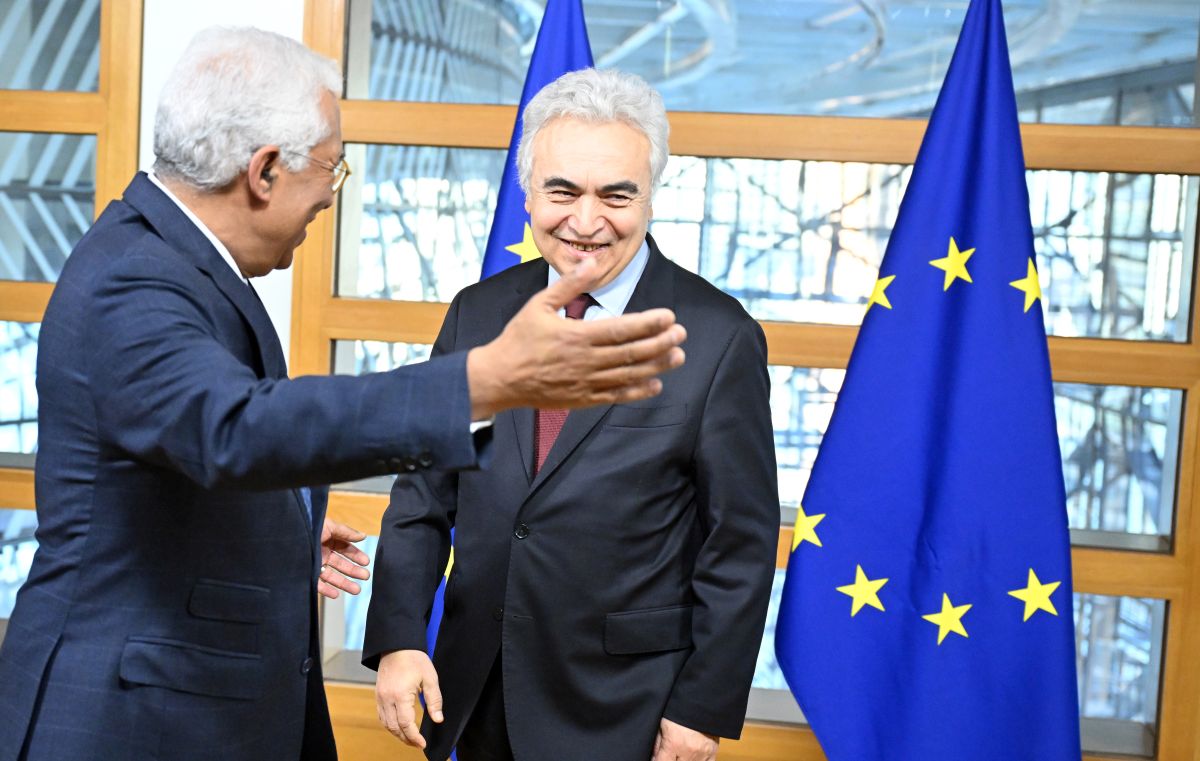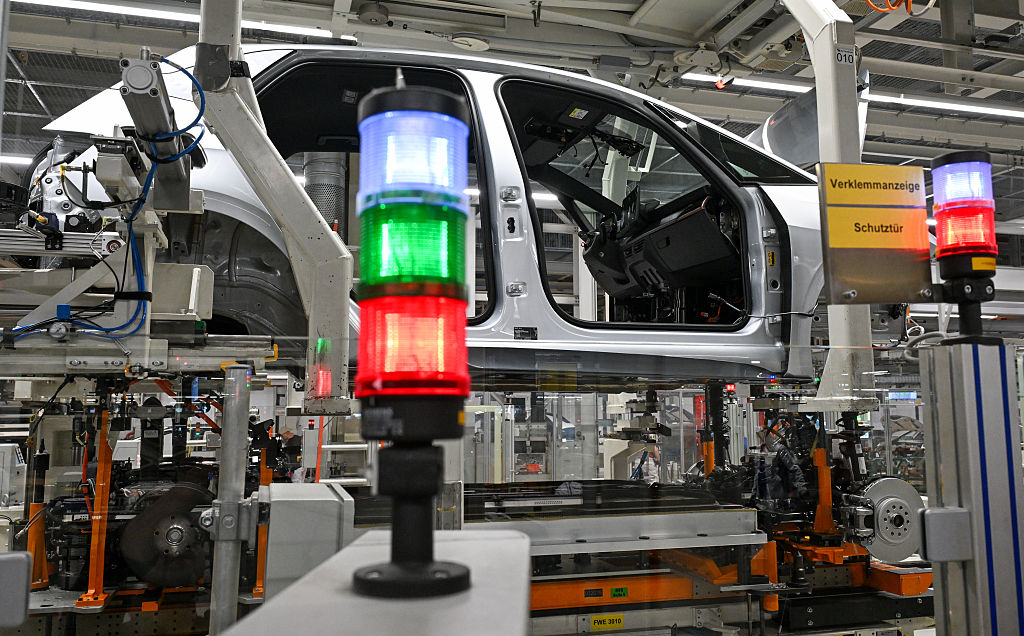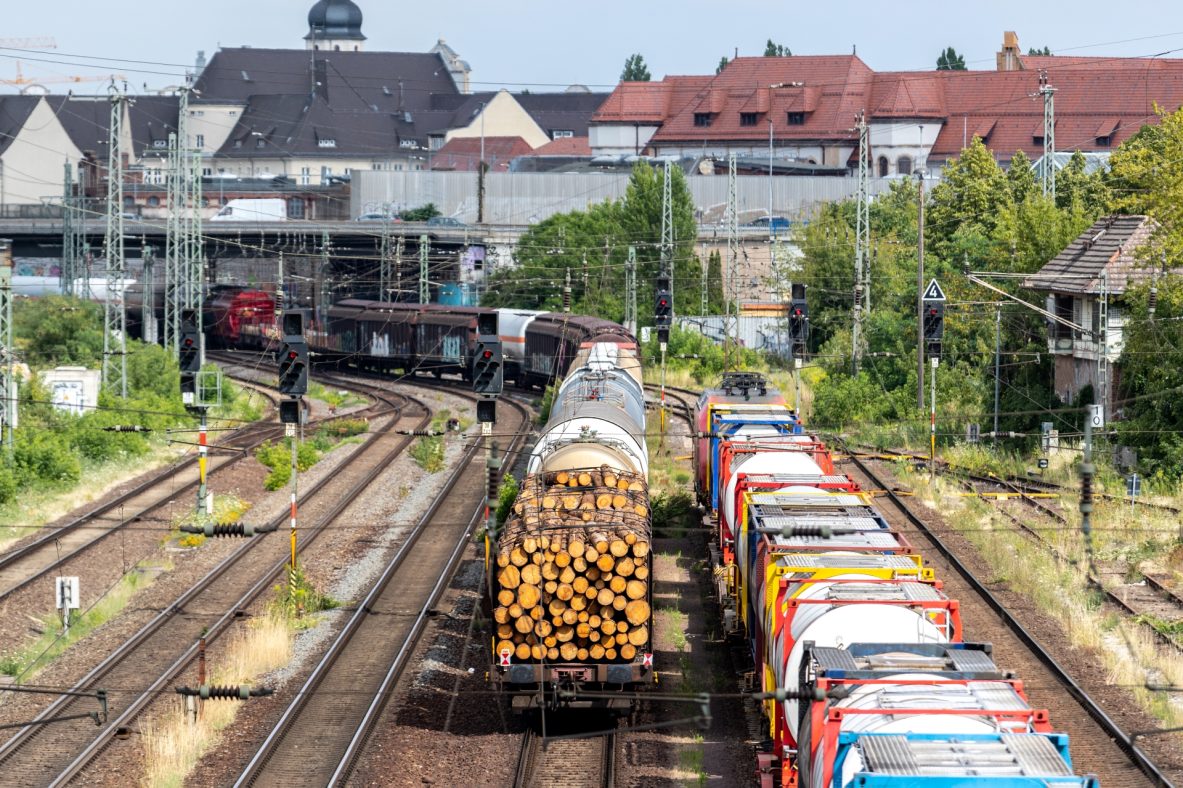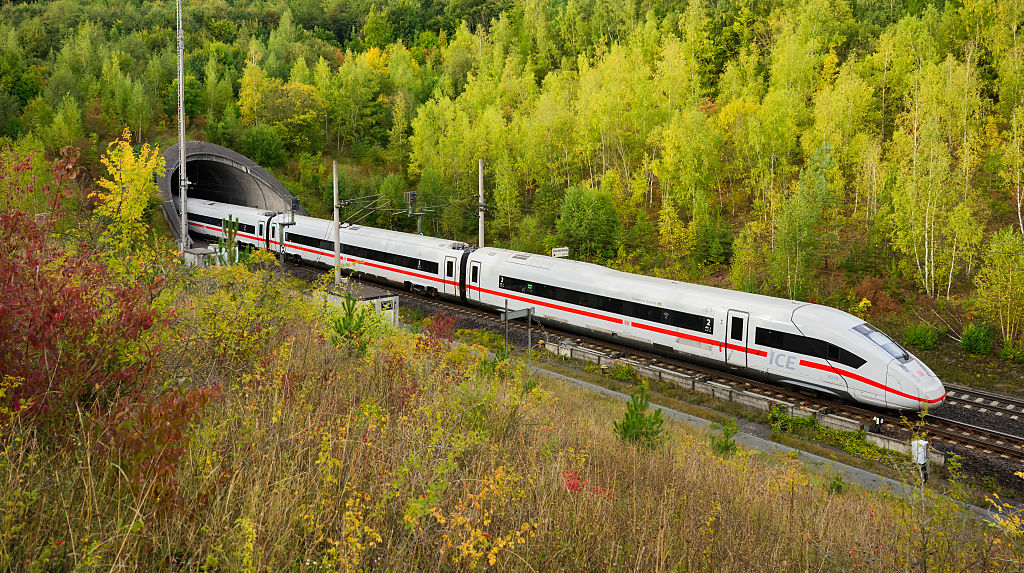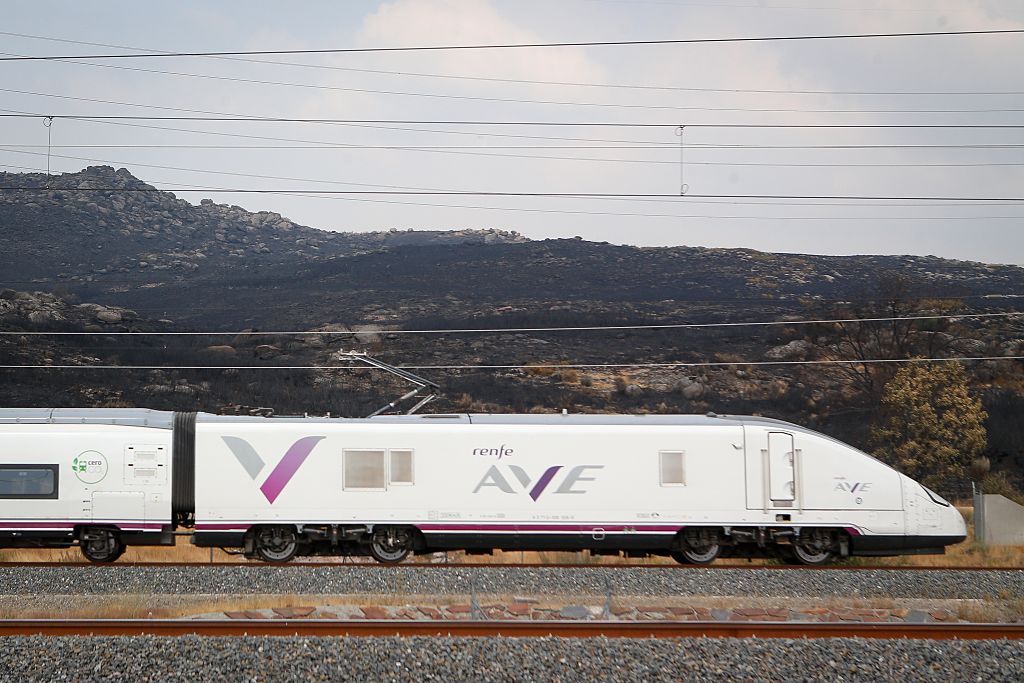Brussels committed to centralised ticketing in European rail plan
The EU executive also wants to cut travel time and ensure train production stays in Europe
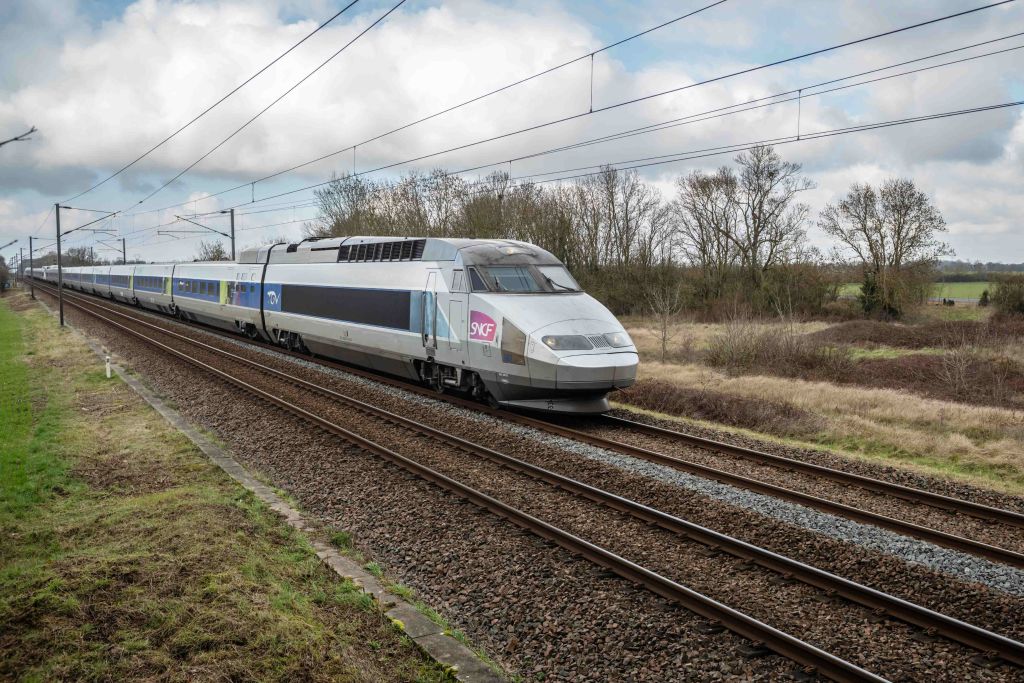
The European Commission remains committed to the goal of simplifying cross-border travel by forcing railway companies to cooperate in a unified ticketing system, officials said on Wednesday while unveiling a new high-speed rail plan.
Transport commissioner Apostolos Tzitzikōstas told reporters in Brussels that the goal was to make one-click booking the norm not only for train connections between any European towns or cities, but also for multi-modal journeys.
“If someone wants to book a trip and needs to use for one leg of his trip an airplane, and for the other a train, he will be able to do that with one ticket,” the Greek commissioner said.
“But of course, the priority at this point is to make sure that citizens, [that] want to use a train for cross-border connections through different companies, will be able to book it as a single ticket,” he added, promising a legislative proposal early next year.
That alone is enough to make rail operators nervous. The head of the Community of European Railway and Infrastructure Companies (CER) told Euractiv recently that the industry was prepared to fight any scheme that would force companies to sell tickets through third party platforms.
Boosting high-speed rail
The commitment to simplified booking was only part of a broader strategy to speed up rail travel between EU capitals by boosting high-speed train services through investments in infrastructure and research, increased competition, greater cooperation between operators, and harmonised standards.
When a trip from Berlin to Copenhagen will take three hours instead of seven by 2030, passengers would “definitely” prefer trains to planes, said Tzitzikōstas.
The Commission will put forward a new financing strategy by the end of this year, according to the plan unveiled today. Upgrading Europe’s high-speed rail network will not come cheap: merely completing what projects have already been announced for the next 15 years will cost an estimated €345 billion.
Tripling the coverage of high-speed rail services could cost some €546 billion, the EU executive calculates, although it points out that the positive benefits for society would be worth an estimated at €750 billion.
Eastern competition
The Commission also wants to ensure that European producers are not squeezed out when it comes to supplying the new rolling stock that will be needed on an enhanced network.
Domestic manufacturers “have not yet fully capitalised on the efficiency gains offered by the EU single market”, the transport commissioner said.
“We are world leaders in rail technology, but production cannot keep up with demand today,” Tzitzikōstas said. Companies have to wait 4 to 6 years after placing an order, he said, warning that the EU “cannot afford to lose another strategic industry to Asia”.
The answer? “We will … review public procurement rules next year and encourage our industry to produce more standardised high-speed trains, enabling faster, cheaper production with lower maintenance costs,” he said.
(rh)

